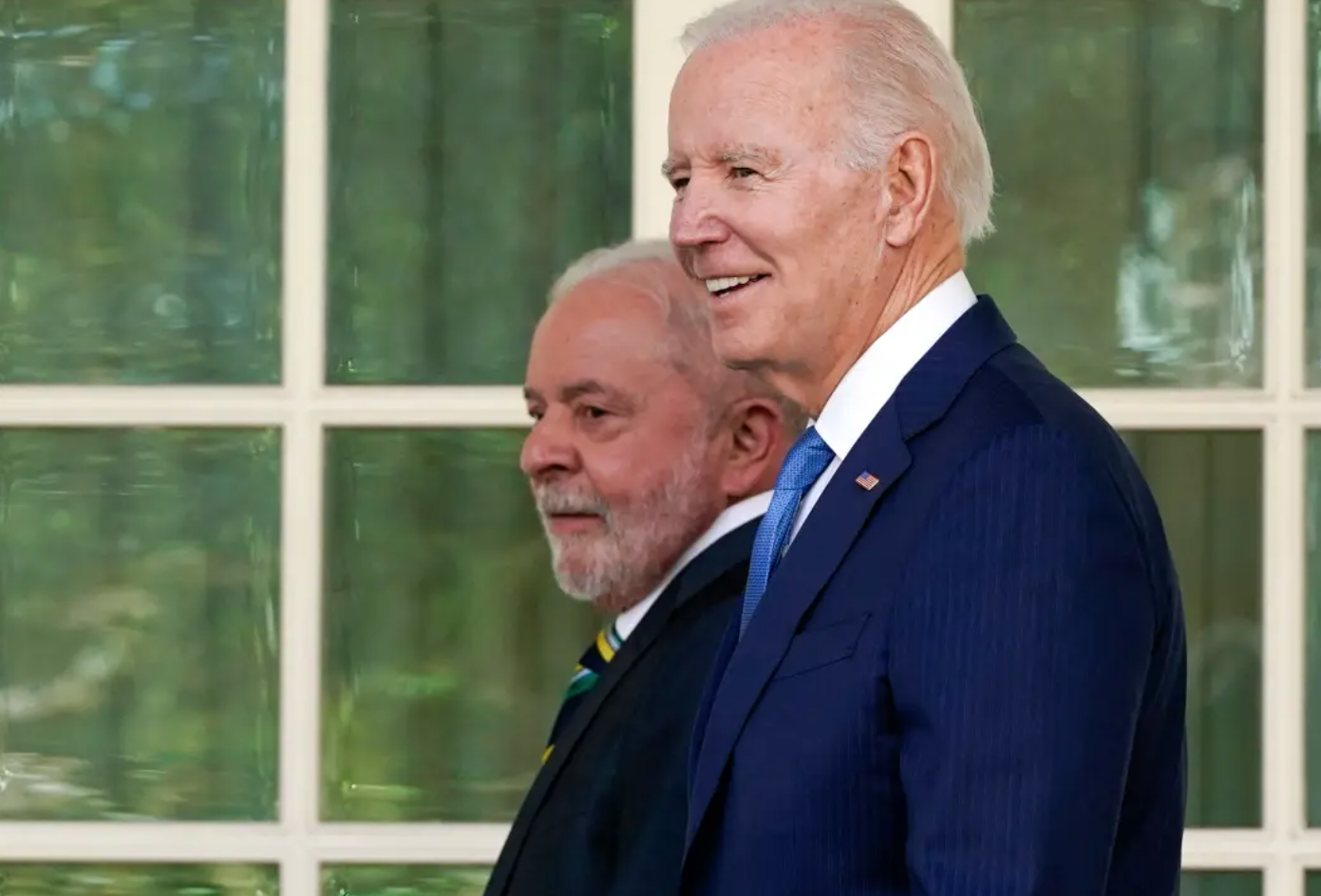It is clear that Luiz Inácio Lula da Silva and Joe Biden face a similar domestic situation and both face the challenge of powerful right-wing populism allies of each other (Donald Trump and Jair Bolsonaro). This requires them to have a special level of collaboration, as evidenced by Lula’s visit to Washington in February. However, it is different in the area of foreign policy. Lula has his own security strategy, as well as economic allies, the so-called BRICS countries, i.e. Brazil, India, South Africa, China, and Russia.
Of course, this is not new. Brazil and the United States have long played the double game of being allies and competitors on the international stage. But the war in Ukraine has powerfully increased their frequent divergences. Although Brazil voted in the United Nations Assembly in favor of condemning Russia’s invasion of Ukraine, it has shown ample evidence of having a different perspective from that of Washington and its European allies on the evolution of the war.
The most resounding demonstration came at the Summit for Democracy, which was organized by Joe Biden at the end of March. In this event, Brazil refused to sign the final declaration, which contained a paragraph condemning Russia for having committed crimes against humanity. Lula issued a letter explaining that this was not the place to make such statements and that they should be dealt with at the United Nations. The State Department’s effort did not result in a change in Brazil’s position, although the rest of the countries of the Southern Common Market (Mercosur), i.e. Argentina, Uruguay, and Paraguay, did agree to sign the declaration.
Another example of Brasília’s particular diplomatic position was shown in the UN Security Council (Brazil occupies a temporary seat) when discussing Russia’s proposal to set up a special commission to investigate the sabotage of the Nord Stream gas pipeline, since the investigations being carried out by Sweden, Denmark, and Germany are not entirely reliable. Brazil, together with China, voted in favor of Russia’s proposal to create an independent international commission.
In Lula’s next trip to Beijing, which is scheduled for mid-April, the Brazilian president will discuss with his Chinese counterpart Xi Jinping a series of economic issues concerning the BRICS group. Lula will also study with Xi Jinping the possible alliance of the peace plans advanced by both countries and which they both consider to be very similar. On the other hand, economic relations are growing closer within the group. Following the renewal of the BRICS Development Bank, former President Dilma Rousseff was unanimously elected president of the New Development Bank.
Meanwhile, Lula’s presidency promoted direct diplomacy to learn about the possibilities of stopping the war. Thus, Lula’s advisor for foreign affairs, Celso Amorin, has visited Moscow and Paris, in order to know the terrain. Upon his return to the Planalto Palace, his comments did not reflect much optimism. However, he will have the opportunity to return to the subject during the visit of the Russian Minister of Foreign Affairs, Sergey Lavrov, who will arrive in Brasília on April 17.
Everything indicates that, besides Brazil, the BRICS countries, except Russia, have converging interests, political and economic, to stop the war in Ukraine as soon as possible. This is something that clashes with Moscow and Washington’s decision to continue the war until some kind of strategic victory is achieved. However, the prolongation of the war now has a more outlined pattern of measurement. Estimates made by security research centers after the first year of the conflict point to a cost in human lives that is unbearable for the international community.
Conservative estimates speak of 30,000 civilians and around 250,000 combatants killed. The escalation of hostilities around the town of Bajmut raises the cost of human lives to more than 60,000 combatants in two months, the vast majority of them young people under 30 years. This atrocity morally demands a response from all international community members.
The conclusion is obvious: if an initiative were to emerge among BRICS, formulated by any country or by several members, that could stop this massacre, not only would the group have achieved an accomplishment in its own interests, but it would have made an invaluable contribution to humanity as a whole. Everything seems to indicate that Lula’s advisory group knows both sides of the issue.
*Translated from Spanish by Janaína Ruviaro da Silva











